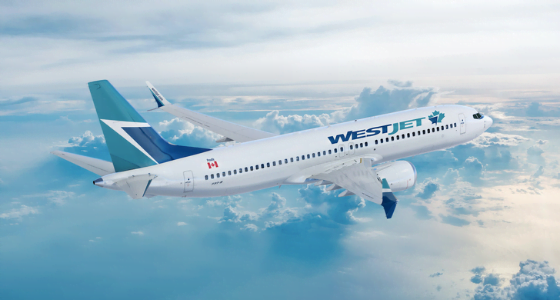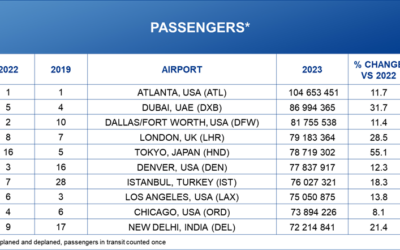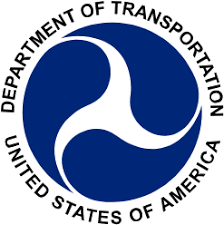The Government of Canada is developing a package of assistance to Canadian airlines, airports and the aerospace sector, Canadian Minister of Transport Marc Garneau said Sunday.
“The air sector cannot respond to these challenges on its own, given the unprecedented impacts on its operations,” Garneau said in a statement. He noted that the pandemic has hit the air sector harder than any other and it is facing a delayed and slow recovery. “With passenger levels still down almost 90 percent, air carriers and airports have been forced to take drastic measures to remain viable,” he said.
Discussions are expected to begin this week. While initial efforts are expected to focus on airlines, the Canadian Airports Council (CAC) reacted positively to the news of possible assistance, and outlined its key needs.
“After nearly eight months of financial crisis, and eight months of engagement with the federal government, Canada’s airports are pleased to learn that financial support for the sector may finally be within sights,” said Daniel-Robert Gooch, president of the CAC.
Gooch noted that pilot projects are underway at three airports to offer testing, saying that “rapid testing holds promise to restore some lost passenger business.” Those tests are very limited in scope but Gooch is optimistic. “Testing is key to rebuilding consumer confidence in air travel, so that financial support for the sector can be no longer needed.”
In addition to progress on testing, the CAC is seeking financial support, asking for the following actions:
● Extending a multi-year moratorium on airport ground lease rents at the eight busiest privately operated airports until traffic has recovered.
● Eliminating rent for the 14 small airports, which has never raised more than $15 million in government revenue.
● Provide interest-free loans or direct operational support for airports.
● Increase the Airports Capital Assistance Program (ACAP) for very small airports to $95 million per year for at least five years.
● Create a new stream of funding for safety and security related infrastructure at airports not eligible for ACAP, to maintain safe infrastructure, pay for COVID-19 adaptations, and implement new federal regulations projected to cost more than $350 million.
Gooch also addressed speculation that a financial package to aid airports would require that airports roll back recent fee increases.
“The CAC warned government in late May that, without action over the summer, by the fall many airports would have no choice but to announce rate increases,” Gooch said. “At this point, nine airports have announced increases to their Airport Improvement Fees, seven of them since September. Some have announced increases to aeronautical charges to air carriers. The CAC anticipates additional increases in both types of charges to come from these and other airports in the coming weeks, if there is no decision on meaningful financial support soon.
“Moreover, we note that any financial relief for airports would have to be quite substantive and extend beyond multiple years of federal ground rent paid by 22 airports for most airports to be in a financial position to consider a halt or rollback recently announced fee increases,” Gooch continued. “This isn’t bluster, it’s math. The decrease in revenues have simply been too catastrophic, and options to reduce expenses quite limited as airports have continued to support the movement of aircraft, which is essential to Canada and our economy, through this pandemic and for the recovery in the years to come.”
For airlines, the Canadian government is expecting certain actions. In his statement, Garneau noted that Canadians who had booked travel before the pandemic hit “ended up stuck with vouchers for trips they could not take instead of getting refunds. They found themselves in a situation where they have given thousands of dollars in interest-free loans to airlines.
“Before we spend one penny of taxpayer money on airlines, we will ensure Canadians get their refunds,” Garneau said. “Regional connectivity is important to Canadians traveling now and in the future. We will ensure Canadians and regional communities retain air connections to the rest of Canada, and that Canadian air carriers maintain their status as key customers of Canada’s aerospace industry. Any assistance the Government of Canada provides will come with strict conditions to protect Canadians and the public interest.”






